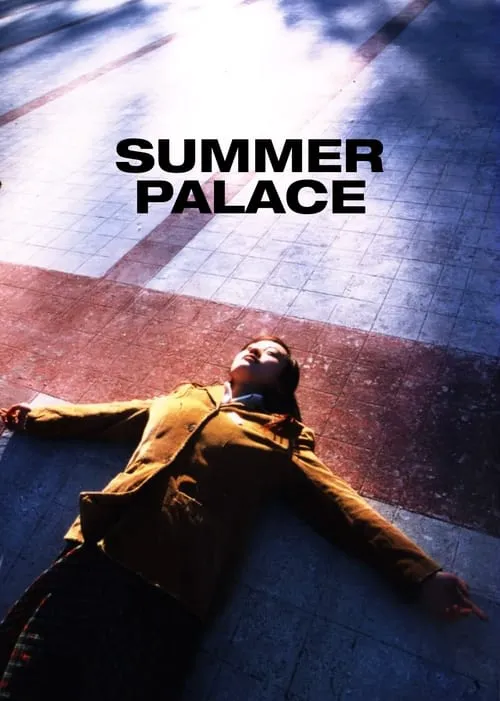Summer Palace

Plot
Set against the backdrop of China's tumultuous and pivotal moment, Summer Palace is a poignant and introspective tale of love, politics, and the search for identity. The film follows Yu Hong, a young woman from a rural village who has been chosen to attend university in Beijing, a city steeped in history and tradition. Upon her arrival, Yu Hong is struck by the stark contrast between her rural upbringing and the vibrant, cosmopolitan life of the city. As she navigates the complexities of university life, she finds herself drawn to another student, Cheng Dali, a quiet and introspective young man with a passion for reading. Their initially tentative friendship gradually blossoms into a passionate and all-consuming romance. As Yu Hong and Cheng Dali's relationship deepens, they find themselves caught up in the midst of a momentous event: the student riots of 1989. The protests, sparked by demands for democratic reform and an end to corruption, soon escalate into violence and chaos, as students clash with government forces. Yu Hong is torn between her love for Cheng Dali and her growing sense of disillusionment with the system. As the protests intensify, she finds herself increasingly caught up in the fervor, while Cheng Dali remains skeptical and detached, struggling to reconcile his own ambition with the uncertainty of the times. The film's portrayal of the student riots is marked by a sense of confusion and chaos, as protesters and counter-protesters converge on Tiananmen Square. Through the eyes of Yu Hong and Cheng Dali, we experience the desperation and urgency of the moment, as individuals are forced to make impossible choices and confront the consequences of their actions. As the protests reach a boiling point, Yu Hong and Cheng Dali's relationship is put to the test. They find themselves at odds over their differing views on the protests, with Cheng Dali urging caution and restraint, while Yu Hong pushes for involvement and solidarity with the protesters. Their disagreements are further complicated by the presence of Hao Fang, a fellow student who becomes Yu Hong's confidant and ally. Hao Fang represents a more radical and militant strand of the protest movement, and her influence on Yu Hong serves to further strain her relationship with Cheng Dali. Throughout the film, director Lou Ye employs a subtle and introspective approach, capturing the quiet, tender moments of Yu Hong and Cheng Dali's relationship as well as the raw emotion of the student protests. Through Yu Hong's eyes, we experience the fragility and vulnerability of young love, even as it is tested by the harsh realities of politics and history. As the protests come to a head, Yu Hong and Cheng Dali are forced to confront the uncertain future ahead. In the aftermath of the Tiananmen Square Massacre, they are left to pick up the pieces of their shattered lives, and to grapple with the consequences of their choices. Ultimately, Summer Palace is a film about the search for identity and belonging in a turbulent and rapidly changing world. As Yu Hong navigates the complexities of university life, love, and politics, she is forced to confront the uncertainty and fragility of her own existence. In doing so, she comes to realize the true meaning of her own desires and ambitions, even as the world around her is torn apart by conflict and change.
Reviews
Recommendations




